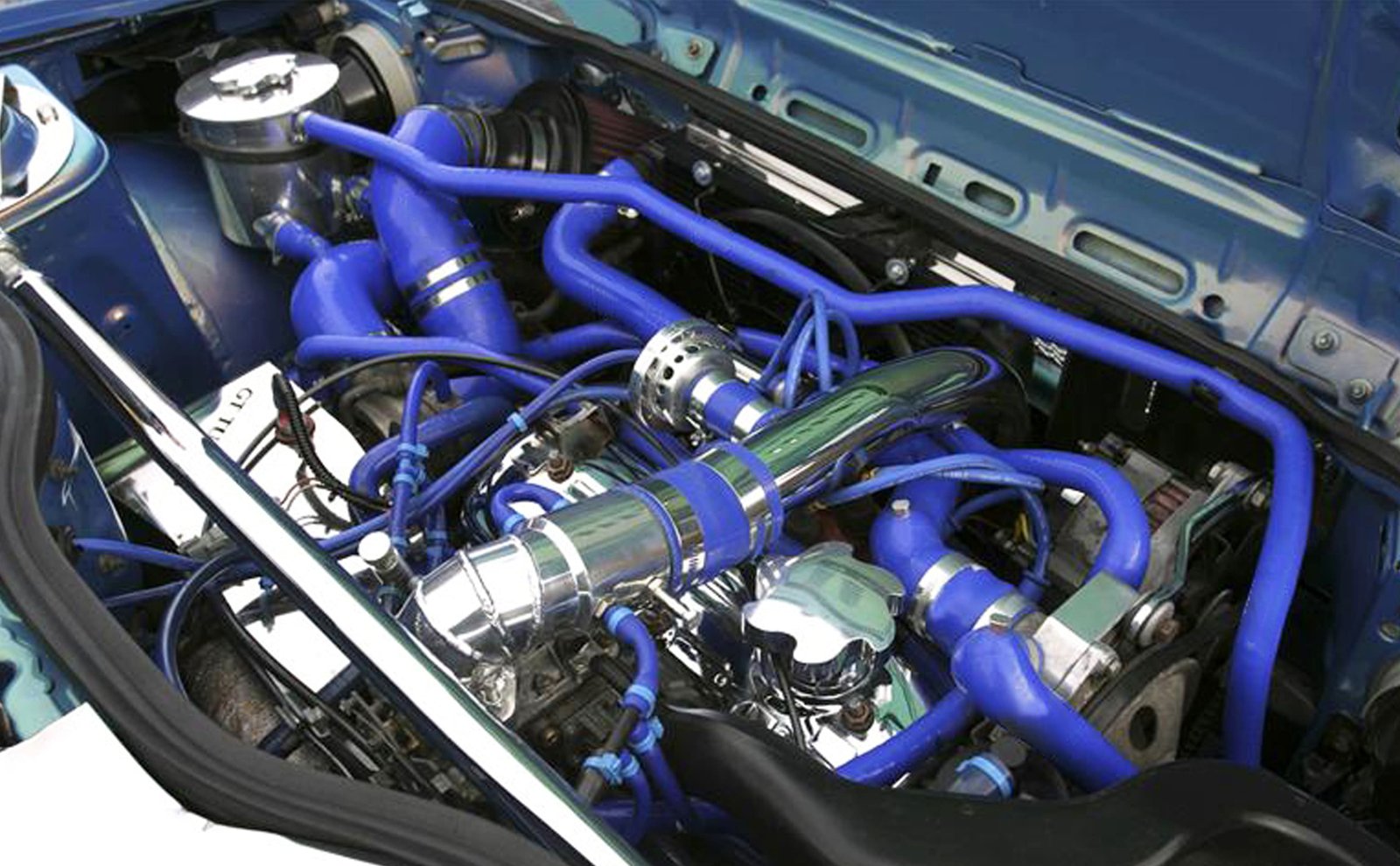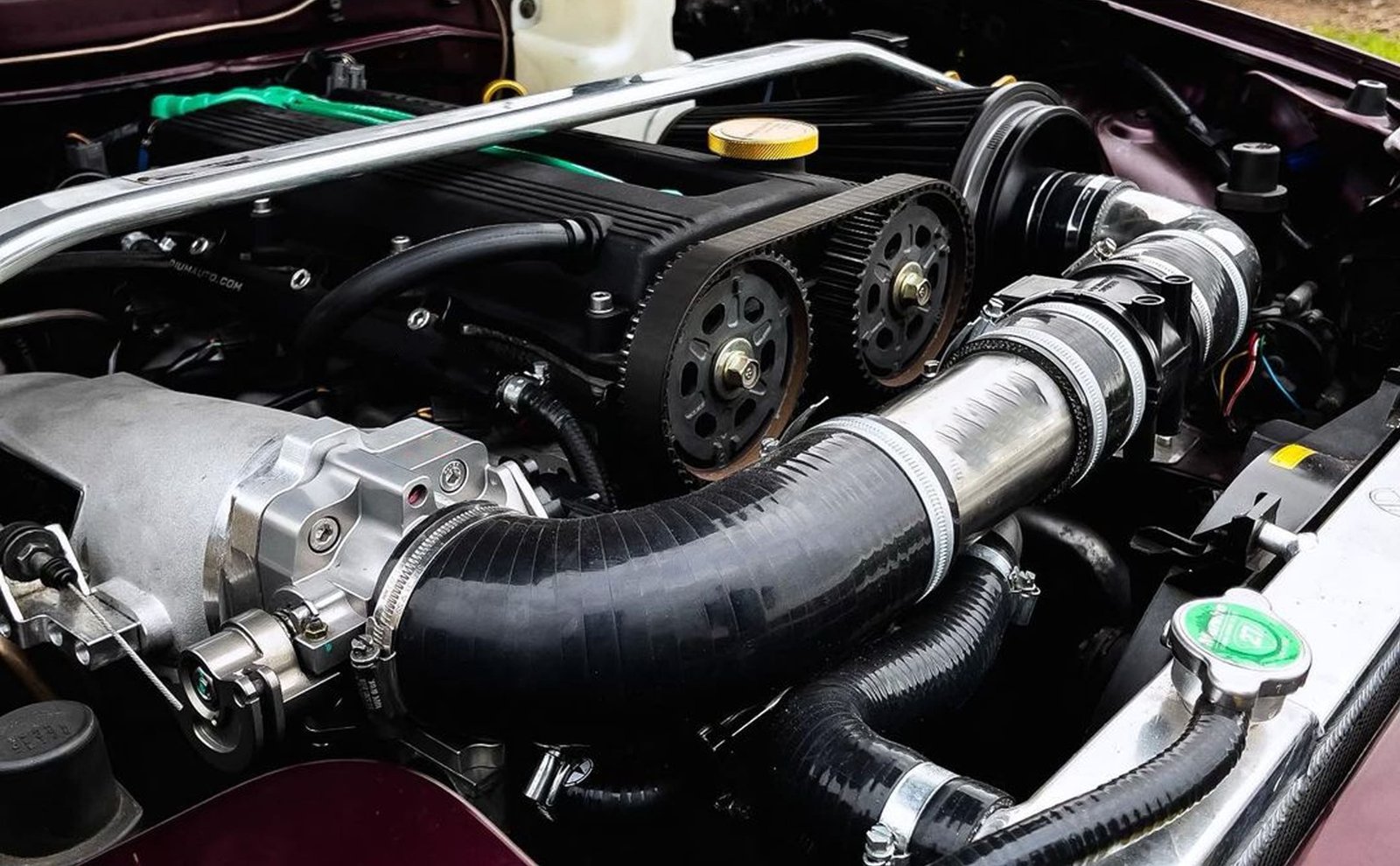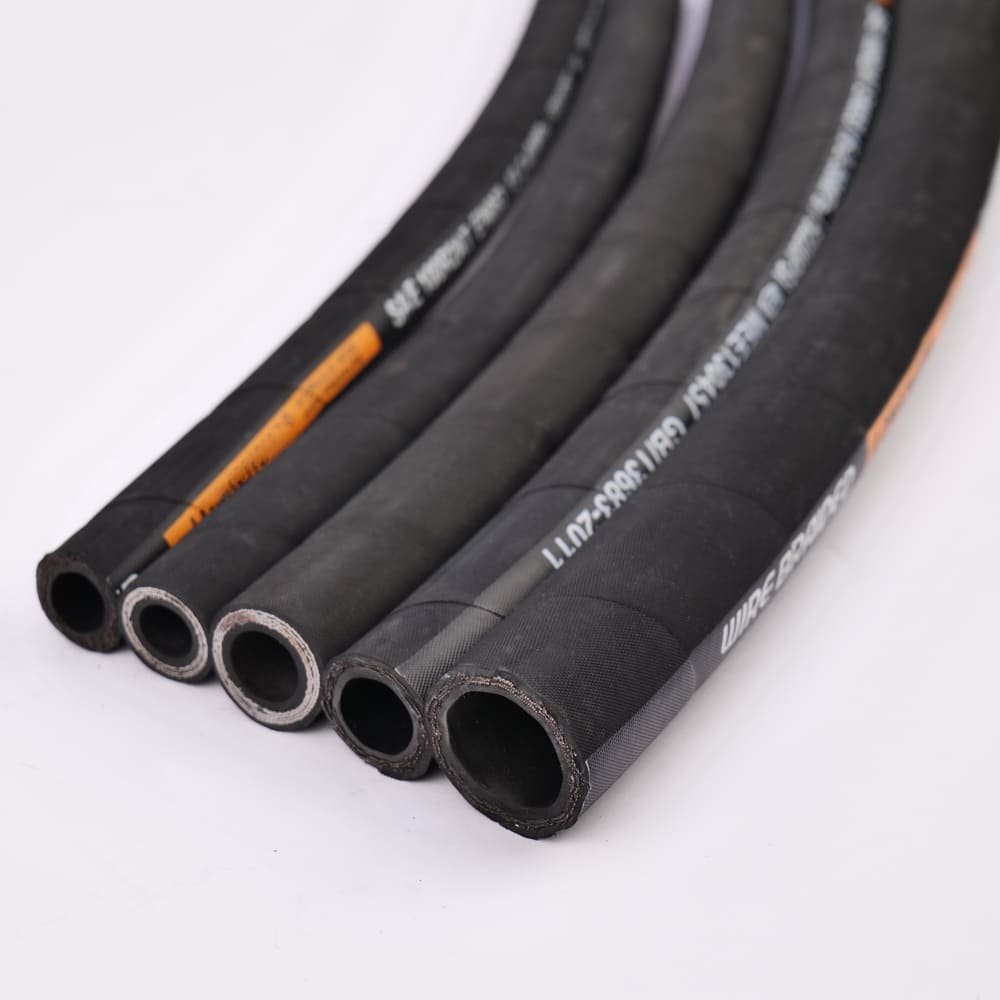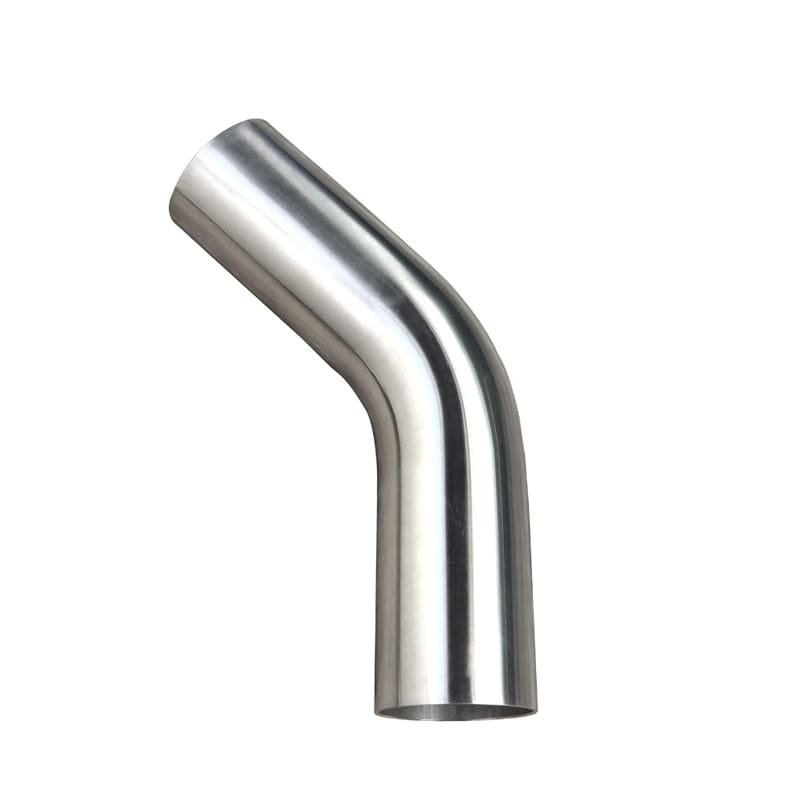Silicone hoses are a popular choice among car enthusiasts who want to increase engine performance and durability. But how well do they hold up to automotive fluids when it comes to oil resistance? In this article, we’ll explore the oil resistance of silicone hoses, when they’re the best choice, and when they might not be.
Regular silicone hoses are porous, so they don’t work with oil. There are special silicone hoses with a fluorosilicone liner that keeps the oil from penetrating the hose. They work with some oils, like mineral oils, but they don’t like fuels, such as diesel or gasoline. They’re good for high-temperature applications, like certain car stuff. But if you’re dealing with oil and fuel lines, you need to look at something else.
Silicone hoses are commonly used in automotive systems, but they have limitations when it comes to oil resistance. Let’s look at how silicone hoses perform and how to choose the right hose for your engine.
Will Silicone Hose Hold Up to Oil?


Silicone hoses are great for their durability and flexibility in high-temperature environments, but they aren’t oil-resistant by default. Silicone is a porous material, so oil can soak through the walls of the hose. This means that regular silicone hoses aren’t suitable for fuel and oil lines. However, you can get a silicone hose with a fluorosilicone liner that creates a barrier to keep the oil from seeping through. This gives you a better option for dealing with oil in certain automotive systems.
Is Silicone Resistant to Engine Oil?
Silicone has a mixed record with engine oil. Mineral oils and transformer oils are usually fine with silicone, but more aggressive oils like diesel, unleaded gasoline, and synthetic fuels can be problematic. These oils can break down silicone over time, causing it to become weak. However, if you use fluorosilicone, which is formulated to work better with oil and fuel, silicone hoses can perform well in oil-heavy environments.
Are Silicone Hoses Good for Cars?


Absolutely! Silicone hoses are especially popular in automotive applications because they can handle heat. They can handle up to 350°F continuously and some specialty hoses can even handle up to 500°F. This makes them great for high-heat areas of the engine like radiator hoses, intercooler connections, and vacuum lines. They’re also flexible, which makes them easier to install in tight spaces.
However, keep in mind that while silicone hoses are great for high-temperature applications, they’re not recommended for use with oil and fuel unless they have a fluorosilicone liner. For fuel and oil systems, you might be better off with rubber hoses or fluoroelastomer hoses.
What Type of Hose is Oil Resistant?
If you need hoses that can handle oil, you can use silicone hoses with a fluorosilicone liner, but they’re expensive. Rubber hoses or fluoroelastomer hoses are usually better choices for oil lines. Red Line Oil Resistant Hoses are designed to handle oil and fuel, so they’re perfect for oil or fuel lines.
If you’re working with an engine that sees a lot of oil or fuel, fluorosilicone hoses are a great alternative to standard silicone hoses. They offer the same flexibility and high-temperature capabilities that silicone hoses are known for, but they’re also resistant to the oil and fuel you’ll find in the engine bay.
Is Silicone Hose Diesel Resistant?
I don’t recommend silicone hoses for diesel. Diesel and other fuel oils can break down standard silicone hoses faster than mineral oils. Even hoses with fluorosilicone liners may not be suitable for heavy-duty fuel lines in diesel engines, where alternative materials like fluoroelastomer hoses are better suited.
If you’re working on a diesel-powered vehicle, rubber hoses or fluorosilicone hoses are a much safer choice for handling fuel, oil, and other harsh automotive fluids.
Summary
Silicone hoses are great for high-temperature automotive applications, but they’re not ideal for oil and fuel lines unless they have a fluorosilicone liner. Fluorosilicone can give you enhanced resistance when you’re dealing with oils like mineral oil. If you’re doing heavy-duty oil systems, you’re going to want to look at rubber hoses or fluoroelastomer hoses that are designed for that.
If you want to buy silicone hoses, please contact us
By understanding the limitations of silicone and choosing the right type of hose for your application, you can ensure the durability and performance of your car’s engine systems. Make sure to select the right hose for your specific needs, whether it’s for high heat, oil, or fuel.





